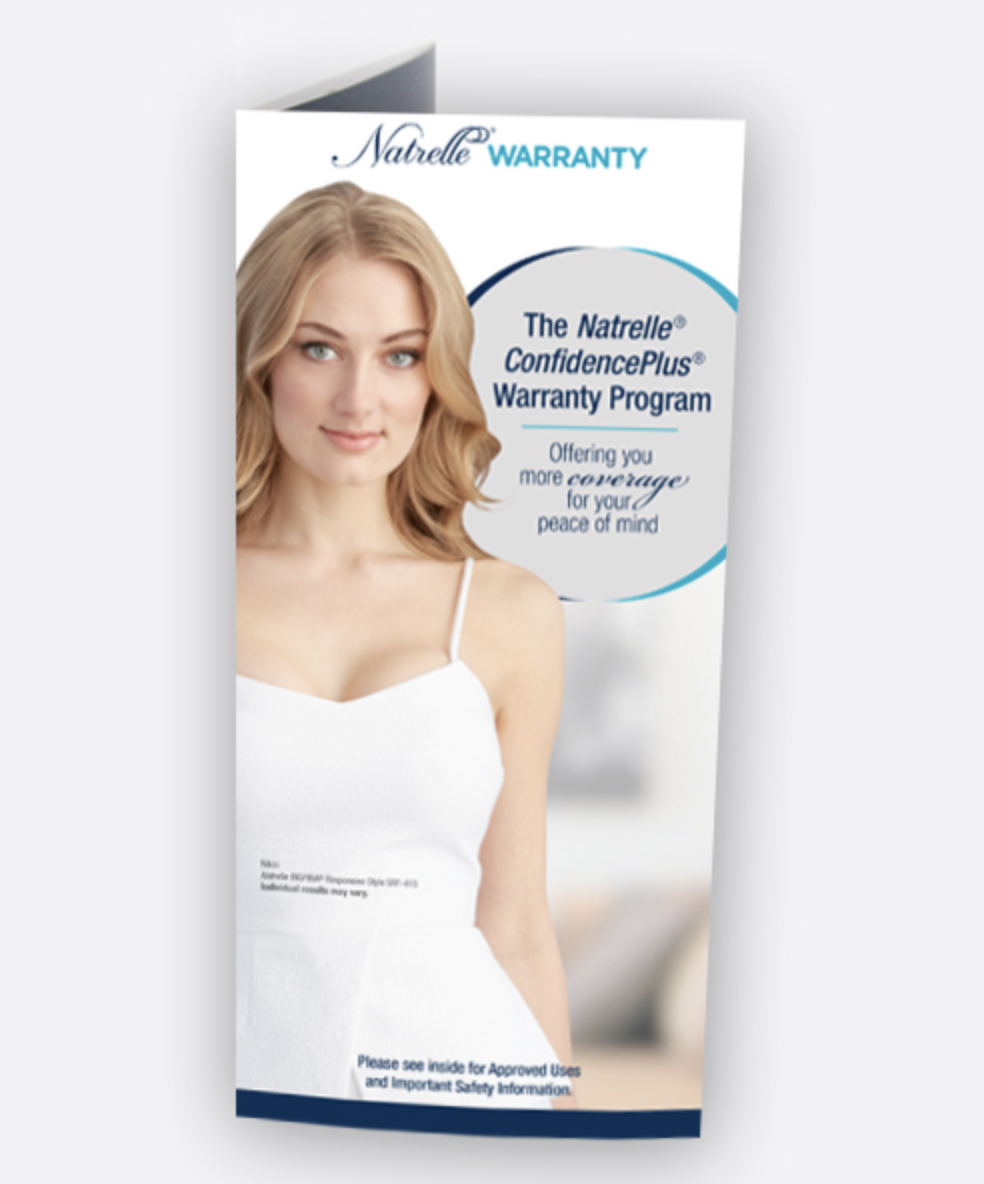Allergan Providing First Warranty for BIA-ALCL Cancer Cases
Posted On: January 31, 2018 Author: The Office of Dr. Stuart Linder Posted In: Breast Implant Warranty
Allergan Pharmaceuticals is now providing its first warranty for breast implant-associated anaplastic large cell lymphoma (BIA-ALCL) cancer cases associated with previous breast augmentation or breast reconstructive patients.
 A Jan. 22, 2018, press release from Allergan Pharmaceuticals states specifically that they will be providing warranty coverage for patients with documented history of BIA-ALCL associated with the rare cancer of the immune system after either cosmetic or reconstructive augmentation mammoplasty procedures. The majority of cases worldwide are obviously those associated with textured silicone implants. Notably, these patients had presented with a seroma, edema, fluid formation, and scar tissue capsular contracture. It is interesting and kindhearted that Allergan is now covering some portions of the surgical corrections and explantations of the textured silicone implants in patients who have a documented history of BIA-ALCL. The number of cases associated with this specific cancer is extraordinarily rare, and it has been shown with epidemiological studies to range between 1:1000 and 1:30,000 for those women with textured silicone implants in the United States, Canada, Netherlands, and Australia. Notably, the lifetime risk for developing BIA-ALCL in smooth only implants has been shown to be zero.
A Jan. 22, 2018, press release from Allergan Pharmaceuticals states specifically that they will be providing warranty coverage for patients with documented history of BIA-ALCL associated with the rare cancer of the immune system after either cosmetic or reconstructive augmentation mammoplasty procedures. The majority of cases worldwide are obviously those associated with textured silicone implants. Notably, these patients had presented with a seroma, edema, fluid formation, and scar tissue capsular contracture. It is interesting and kindhearted that Allergan is now covering some portions of the surgical corrections and explantations of the textured silicone implants in patients who have a documented history of BIA-ALCL. The number of cases associated with this specific cancer is extraordinarily rare, and it has been shown with epidemiological studies to range between 1:1000 and 1:30,000 for those women with textured silicone implants in the United States, Canada, Netherlands, and Australia. Notably, the lifetime risk for developing BIA-ALCL in smooth only implants has been shown to be zero.
Frankly, in my practice, having placed over 14,000 breast implants in the last 20 years, we have had no cases of BIA-ALCL in any of our patients. Currently and in the last two decades, we only use smooth silicone and smooth saline implants. This is notable that Allergan Pharmaceuticals is now warranting up to $7,000 for reconstruction of these patients with this specific and very rare form of lymphoma. Sientra® and/or Mentor® Corporation at this time do not have specific warranties for these patients, but in the future, these corporations could possibly follow suit with Allergan Pharmaceuticals.
Any patient with a history of swelling of the breasts with implants should be seen by a board-certified plastic and reconstructive surgeon, specifically a breast reconstructive specialist. An MRI is useful for detecting ruptured silicone implants, and an ultrasound may also be used for the original simple determination of the seroma formation within the breast pocket. The fluids from a seroma must be examined by pathology in order to determine cytologically whether there is a positive diagnosis for BIA-ALCL.